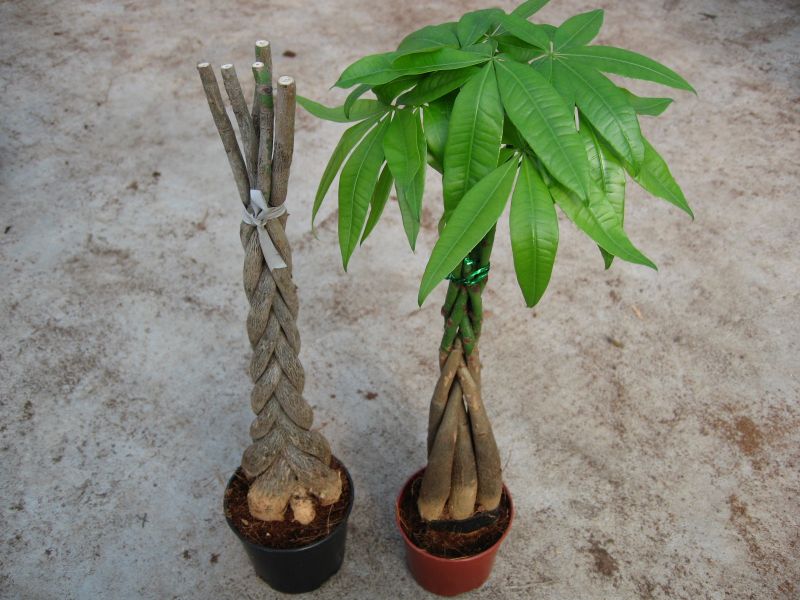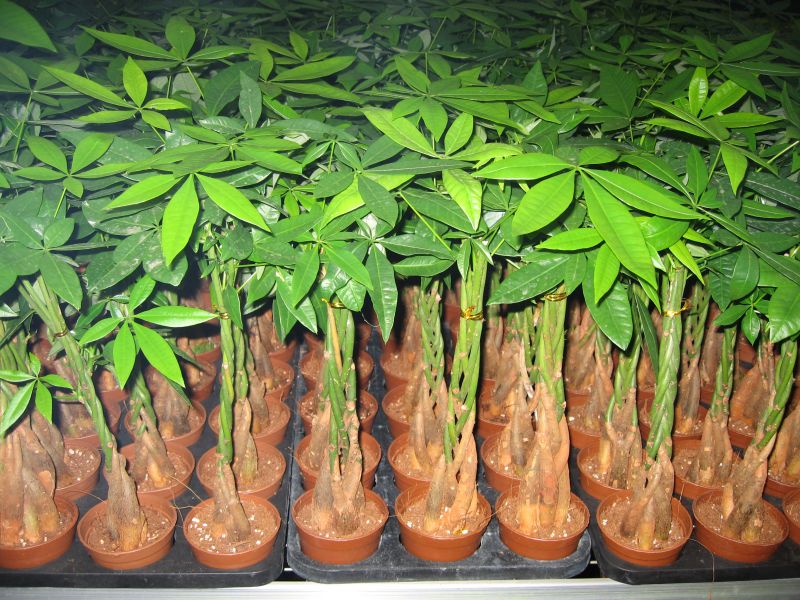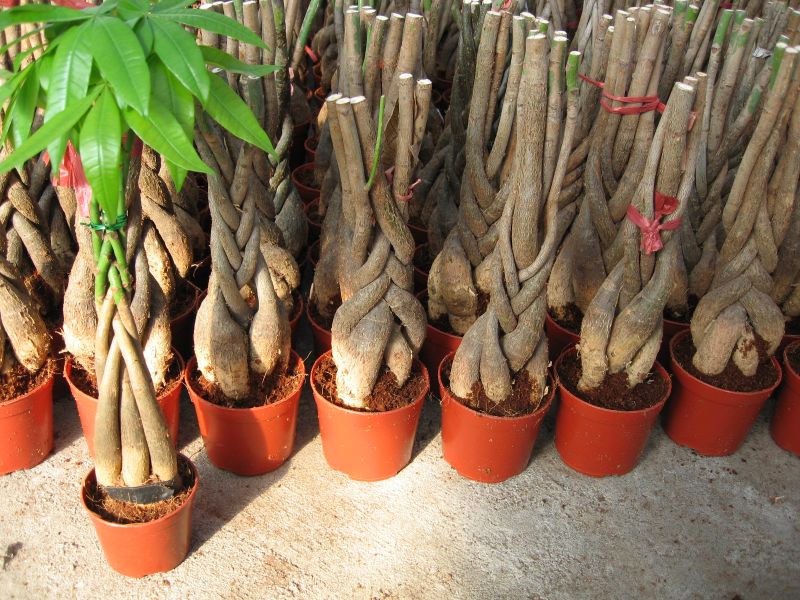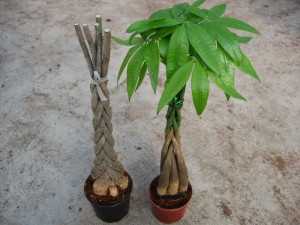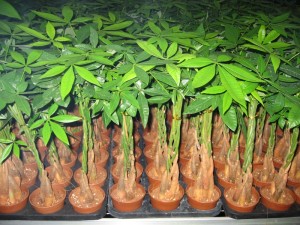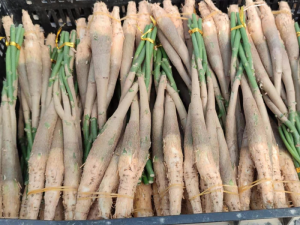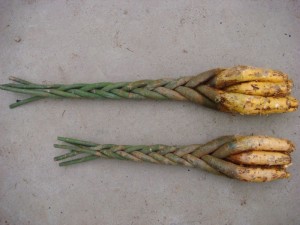Five braided Pachira Macrocarpa H30-150cm For Sale
Decription:
Pachira macrocarpa have good meaning of fortune to Asian people.
| Product Name | Five brained pachira macrocarpa |
| Common Names | money tree, fourtun tree, good luck tree, braided pachira, pachira aquatica, pachira macrocarpa, malabar chestnut |
| Native | Zhangzhou City, Fujian Province, China |
| Characteristic | Evergreen plant, fast growth, easy to be transplanted, tolerant of low light levels and irregular watering. |
| Temperature | The best temperature for the growth of the money tree is between 20 and 30 degrees. Therefore, the money tree is more afraid of cold in winter. Put the money tree in the room when the temperature drops to 10 degrees. |
Specification:
| size(cm) | pcs/braid | braid/shelf | shelf/40HQ | braid/40HQ |
| 20-35cm | 5 | 10000 | 8 | 80000 |
| 30-60cm | 5 | 1375 | 8 | 11000 |
| 45-80cm | 5 | 875 | 8 | 7000 |
| 60-100cm | 5 | 500 | 8 | 4000 |
| 75-120cm | 5 | 375 | 8 | 3000 |
Packaging & Delivery:
Packaging: 1. Bare packing in cartons 2. Potted with cocopeat in wood crates
Port of Loading: Xiamen, China
Means of Transport: By air / by sea
Lead time: bare root 7-15 days, with cocopeat and root (summer season 30 days, winter season 45-60 days)
Payment:
Payment: T/T 30% in advance, balance against copies of shipping documents.
Maintenance precautions:
1. Change ports
Change pots in spring as needed, and trim branches and leaves once to promote the renewal of branches and leaves.
2. Common pests and diseases
The common diseases of the Fortune tree are root rot and leaf blight, and the larvae of the saccharomyces saccharomyces are also harmful during the growth process. In addition, it should be noted that the leaves of the Fortune tree will also appear yellow and the leaves fall off. Observe it in time and prevent it as soon as possible.
3. Prune
If the fortune tree is planted outdoors, it does not need to be pruned and allowed to grow; but if it is planted in a potted plant as a foliage plant, if it is not pruned in time, it will easily grow too fast and affect the viewing. Pruning at the right time can control its growth rate and change its shape to make the plant more ornamental.
